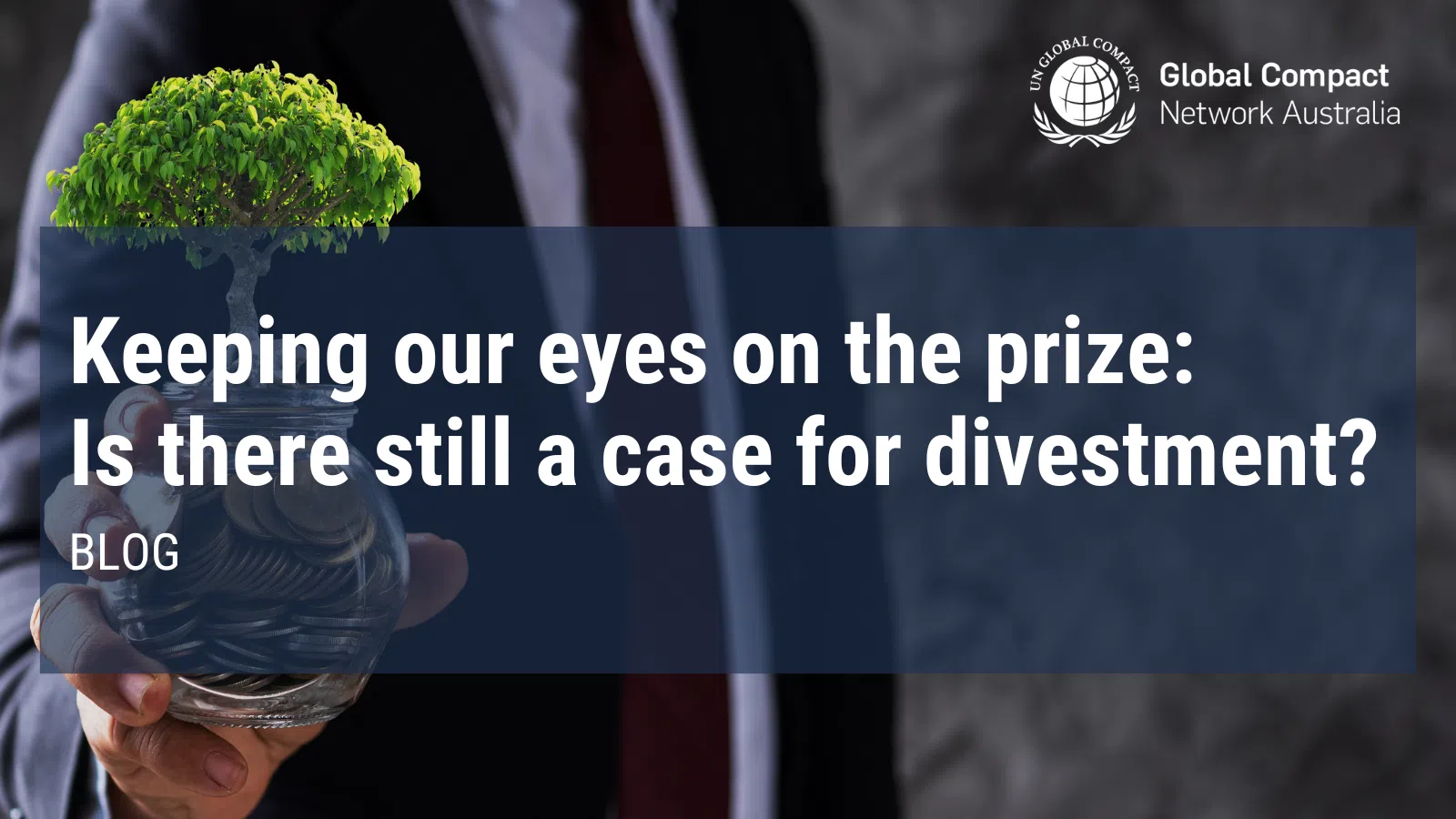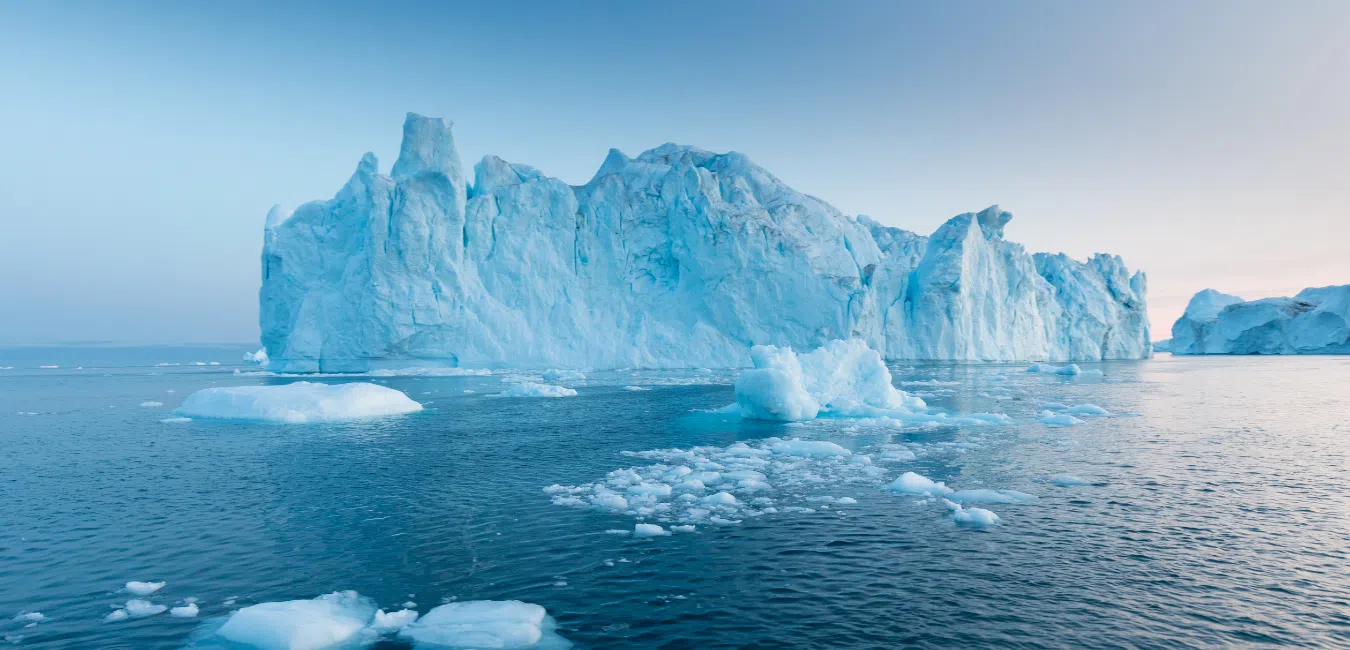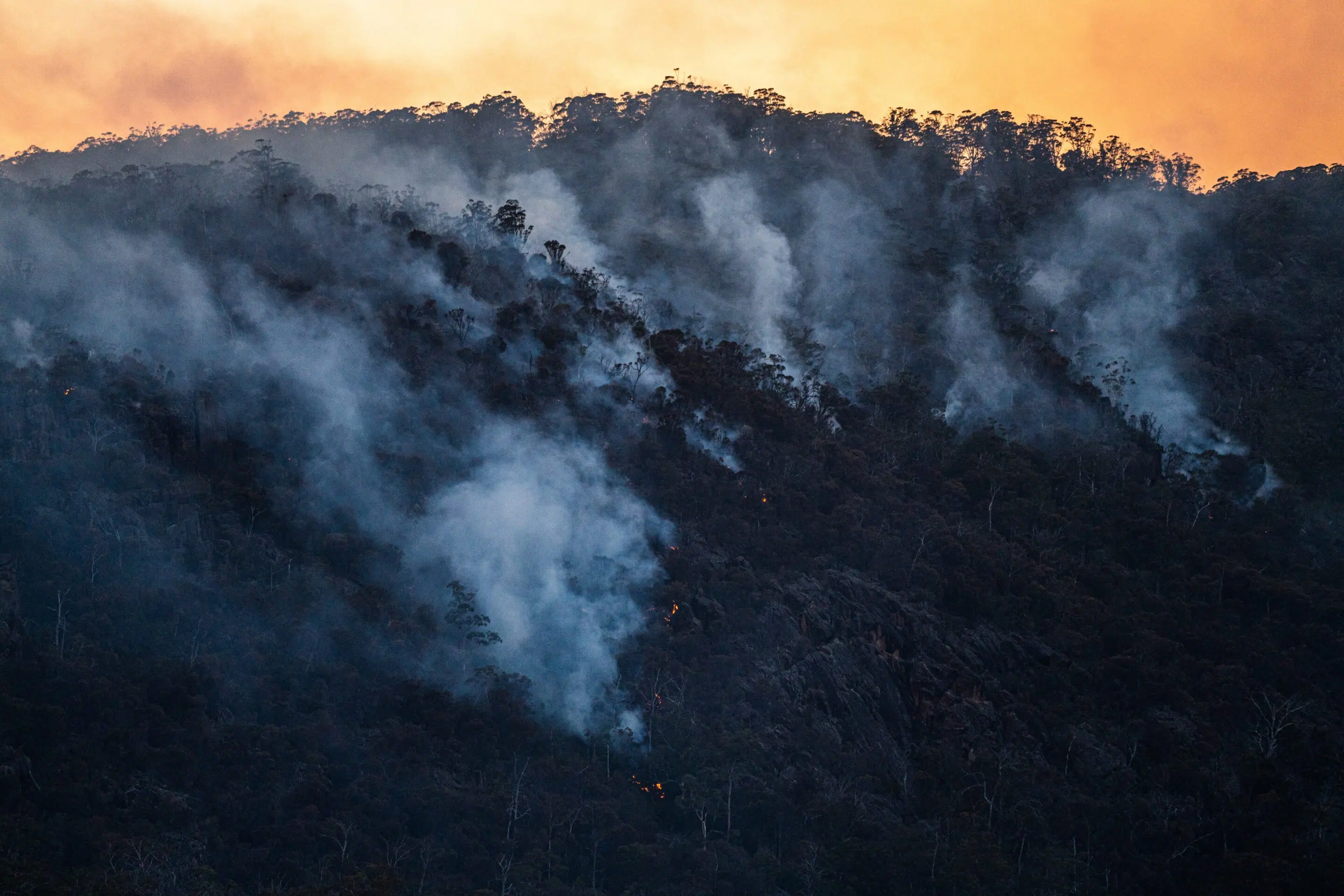
Blogs, Environment & Climate Change, Featured, Media, News
BLOG | Keeping our eyes on the prize: Is there still a case for divestment?
Nick O’Sullivan | September 2, 2022
On 24 August 2022, the UN Global Compact Network Australia (UNGCNA) along with the Australian Sustainable Finance Institute (ASFI) brought together experts from Australia’s finance, business and investment sectors to discuss how these sectors can work together to accelerate climate action.
“There no longer is an option to divest your way out of climate change risk” Simon O’Connor, CEO, Responsible Investment Association Australasia
The panel addressed the divestment vs. engagement debate, unpacking the rise of engagement and active management of fossil fuel assets as an increasing focus for responsible investors.
Simon O’Connor, CEO at Responsible Investment Association Australasia (RIAA), described this shift as coming from an increased awareness of investors as ‘universal owners’ needing to do their part in responding to the climate crisis. When applying this lens to whole of economy emissions, divestment alone can no longer be the sole solution to addressing climate risk.
“We are stewards of our members money, so we need to be able to invest that responsibly” Liza McDonald, Head of Responsible Investment, Aware Super
The panel all stressed the key role that owners and managers of capital have in the transition to a low-carbon economy through the notion of stewardship. In other words, as owners and managers of capital, these organisations have a responsibility to be ethical stewards of capital on behalf of citizens, including using this position to engage, vote, collaborate and advocate in a manner that enables capital to be invested more responsibly.
“Climate risk is very much part of financial risk” David Jenkins, Global Head of Sustainable Finance, NAB
Panel members discussed how engagement is a key tool in encouraging companies to develop and set their own emissions-reductions targets that align to the Paris Agreement and growing community expectations on climate action. This also included a discussion on the ability of owners and managers of capital to continue to work collaboratively with businesses in plotting out transition pathways between investors and companies.
David Jenkins, Global Head of Sustainable Finance at National Australia Bank (NAB) highlighted the ‘whole economy’ approach that NAB has taken to managing climate risk and opportunities including how this approach has provided NAB with the opportunity to work with clients to help them meet their climate strategy and accelerate the transition process.
“Don’t let size get in the way of what needs to be done” Liza McDonald Head of Responsible Investment, Aware Super
The panellists all agreed that smaller investors can still have a ‘loud voice’ through impactful engagement to support long term strategies consistent with a Paris-aligned transition.
Some of the most impactful engagement recently has been from smaller investors who have successfully gained larger institutional support. Simon O’Connor highlighted the example of the investment firm Engine No. 1, who last year were successfully able to replace four members of ExxonMobil’s board despite only owning 0.02% of the company’s shares.
The importance of transparency in this engagement process cannot be ignored either, as having clear targets and outcomes for companies to achieve is crucial for meaningful engagement.
This process is aided by the evolution of various disclosure mechanisms that were mentioned by the panel such as the Task Force on Climate-Related Financial Disclosures (TCFD), Task Force on Nature-Related Disclosures (TNFD), and the reporting frameworks coming from the International Sustainability Standards Board (ISSB). These frameworks allow for more accurate measurement of sustainability credentials and the measurement of responsible investment outcomes.
To hear all the insights from this expert panel, watch the full recording of the webinar here.
Authors:
Nick O’Sullivan, Sustainability Coordinator, UN Global Compact Network Australia
Julia Bourke, Environment and Climate Change Intern, UN Global Compact Network Australia



